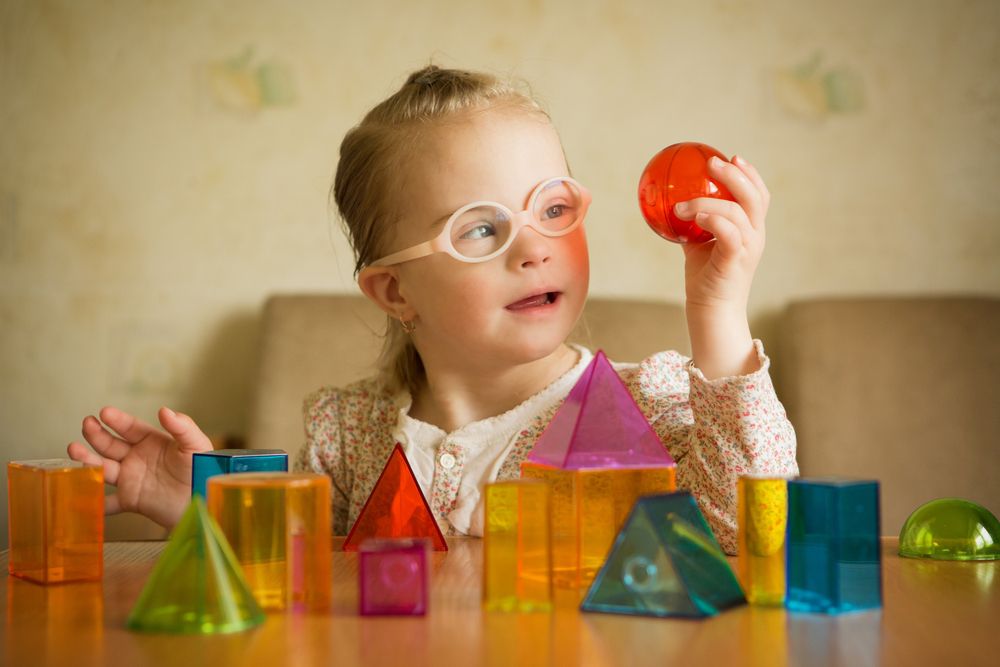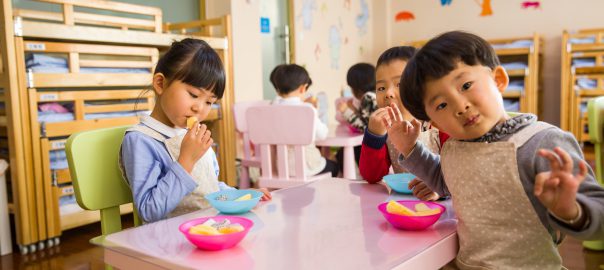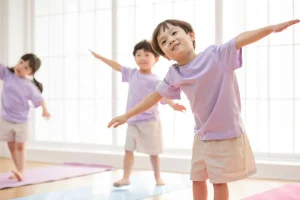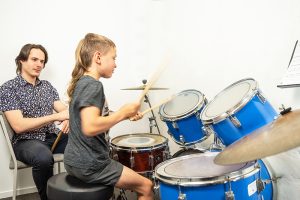
Special Need is a broad term used to refer to a staggering number of diseases and scatter. These scatterings are varied and may reflect weak learning abilities, severe mental difficulties, mental problems, tolerance problems, anxiety problems, and any number of different issues that must be overcome. However, it is healthy for these children that carers and teachers should pay extra attention and delicately respond to these needs to contribute to the significant improvement of youth in adulthood, as useful as possible. Some qualities are the norm for numerous riots, and many types of educational toys can help youth cope with these problems.
Dissatisfaction
Young people with special needs education Singapore regularly experience great disappointment with their general environment, as they face more significant difficulties than their friends performing essential tasks, and because they often fight to understand their condition. Educational toys give children a sense of satisfaction and self-improvement. This positive, paid experience can alleviate the frustration that these children’s rightly experience.
Voltage
Children who have problems with learning, education, or the psyche are regularly unreliable and unsure of their condition, which causes an exceptional degree of nervousness. The “play and learn” approach encourages young people to become flooded in their work and to form a positive, gradually progressing mood that balances feelings of weakness or tension.

Confidence
Typically, children with exceptional education lack and mediocre compared to their friends, which can cause incredibly low confidence and confidence. Since children express themselves and freely adapt with the help of developing toys, achievements achieved independently of each other support these adolescents to create a sense of confidence and confidence. This expanded confidence in this moment allows children to communicate more calmly with their condition and gives them the confidence necessary to advance towards learning.
Correspondence
Because of discursive obstacles, hearing problems, social nervousness, or other correspondence issues, teachers often struggle to speak with children with special education. Developing toys allow children to show themselves with a pleasant and attractive approach to the game. With this system, young people are free to adapt, and their promotion never again interferes with correspondence. Also, the abilities of visual perception, fixation, and confidence, supported by educational and self-learning toys, take into account that children additionally transfer their condition. This responsiveness can open lines of correspondence, allowing young people with special needs to learn and grow.
Children with special needs education Singapore have a limitless problem, and the requirements of each child are new. The connection of educational toys with nature inspires these children, and the instructional approach itself takes into account their movement at their own pace. In the end, they are an excellent way to help young people with keen visual insight, etymology, essential thinking, thinking, object recognition, intelligent thought, focusing, and other critical formative abilities. This provides a framework for the individual needs of youth to develop and move on to live a wholesome, satisfying life.






